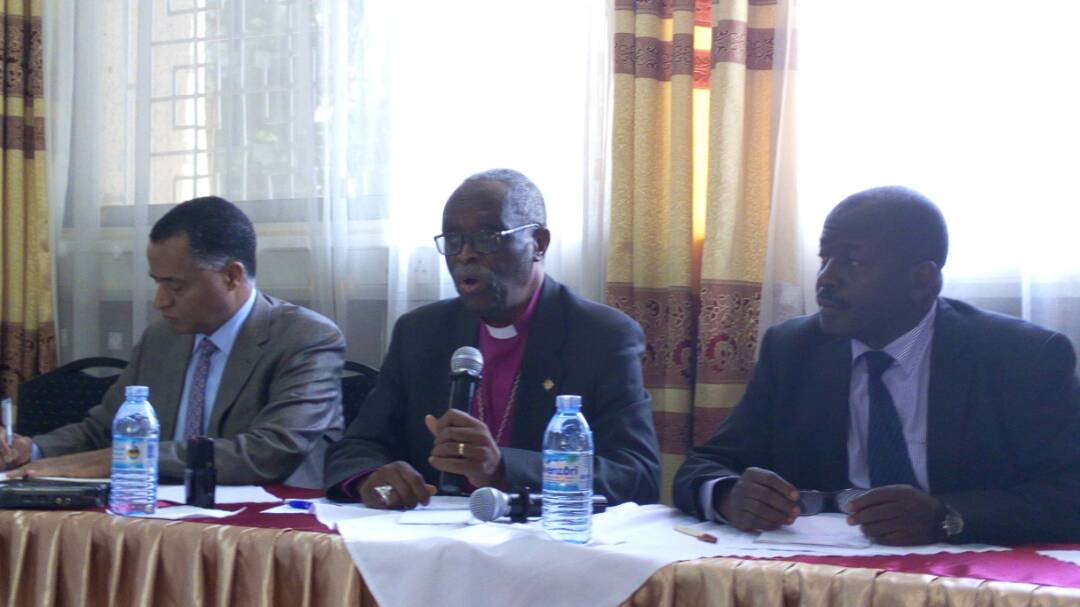Reinstatement of term limits for all elective positions and reduction in the size of Uganda’s Parliament were prominent among the issues raised during consultations by the national arm of the African Peer Review Mission (APRM).
APRM is a specialized agency of the African Union that is constantly advocating for good governance through dialogue with relevant stakeholders in member states. Uganda is part of the 36 member countries of the APRM but also one of only two countries that have undergone review.
The Uganda APRM country self assessment was conducted recently through engagements with political, religious and business players, civil society, judiciary and the academic among others.
However, key among the findings of these consultations were issues relating to Parliament representation, electoral processes and the economy.
While speaking at a press conference on Monday at he National Planning Authority (NPA) headquarters in Kampala, Makerere University scholar Dr. Sallie Simba said that from the consultations, many of the players proposed that Parliament be reduced in size.
“They said that each district should be represented by two people; male and female. It also came out clearly that term limits should be reinstated for Presidency and all other elective positions,” Dr. Simba who heads the National Governing Council of the Country Self Assessment Report said.
Other concerns raised in the consultative process were; the need to introduce a minimum wage, increase the budget for local governments and prohibiting persons who have lost electoral cases from vying for political positions for a period 10 years.
A 19 member team of the APRM from 10 African countries was recently in Uganda to validate and augment the conclusions of the CSAR which will be included in a final report. The report is to be tabled at the APR Forum of Heads of State in Ethiopia in 2018.
Bishop Dinis Sengulane who led the African Peer Review in Uganda called on government to take the findings in the report under consideration.
“During our consultations, issues like the Age Limit, youth unemployment, separation of powers, population growth and the question of land came out most. We ask that everyone plays their part in solving whatever is needed,” the Bishop told journalists.
He also noted that some of the recommendations made in the previous review in Uganda were not implemented.
Among them is a request to the government to compile all international commitments made by Uganda and the status of reports done by international bodies that Uganda is party to.
Bishop Sengulane alluded to xenophobic attacks in South Africa and the 2007 post election violence in Kenya all of which resulted from the failure by governments to adhere to recommendations of APRM.








